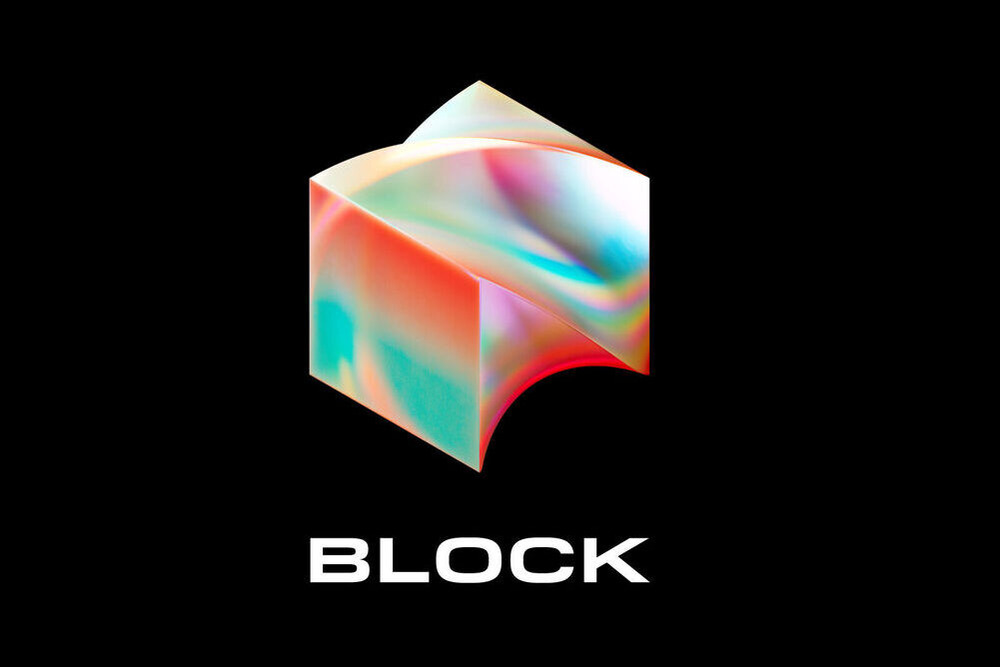New York’s Department of Financial Services (DFS) announced that Block, the parent company of Cash App, will pay a $40 million penalty for failures in its Bank Secrecy Act and anti‐money laundering (AML) compliance program.
DFS Details Block’s Crime
Superintendent Adrienne Harris said the settlement addresses deficiencies in Block’s oversight that have violated state money transmitter and crypto regulations. In her statement, she stressed that all financial institutions, including crypto platforms, must adhere to standards for protecting consumers and maintaining the system’s integrity.
She pointed out that Cash App’s growth without the necessary expansion of its compliance functions created a “friendly environment for criminal activity.” The department also noted that the company allowed a significant transaction alert backlog to build between 2019 and 2020, which left the platform vulnerable to fraudulent behavior.
The DFS investigation further revealed that Block’s program failed to conduct adequate customer due diligence and did not implement sufficient risk-based controls when monitoring high-risk Bitcoin transactions.
Block Agrees to $40M Settlement.
Block, which has been licensed by New York regulators to provide crypto payment services since 2018, acknowledged that the issues were linked to its previous compliance policies. While the company did not admit wrongdoing, the regulator emphasized that it has already committed financial and operational resources to improving its risk management.
As part of the agreement, an independent monitor will evaluate the company’s anti-money laundering practices and oversee the implementation of necessary corrective measures. Meanwhile, the DFS’s decisive hints to the fintech industry that robust compliance controls are not optional but essential, regardless of how rapidly a company may be growing or innovating.
Meanwhile, the firm’s Chairman and Co-founder, Jack Dorsey, has consistently advocated for integrating Bitcoin into other platforms. He recently suggested integrating Bitcoin payments into the encrypted messaging app Signal.
AML Violations — Not new
The crypto industry has faced increased scrutiny over AML compliance, with several significant exchanges penalized for violations. Recently, Malta’s Financial Intelligence Analysis Unit fined OKX $1.2 million for multiple AML failures detected in 2023.
Similarly, in January 2025, a U.S. federal court ordered BitMEX to pay a $100 million fine for violating the Bank Secrecy Act. The court found that BitMEX operated without an effective AML program and failed to implement Know Your Customer (KYC) protocols, making the platform susceptible to money laundering activities.
Find Cryptocurrencies to Watch and Read Crypto News on the Go Follow CryptosToWatch on X (Twitter) Now

